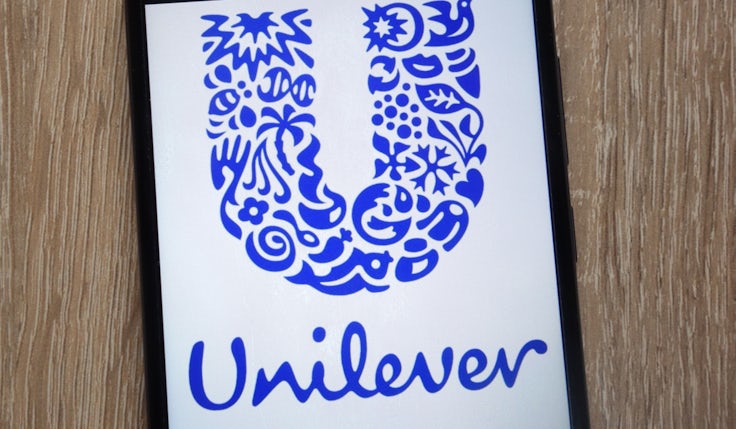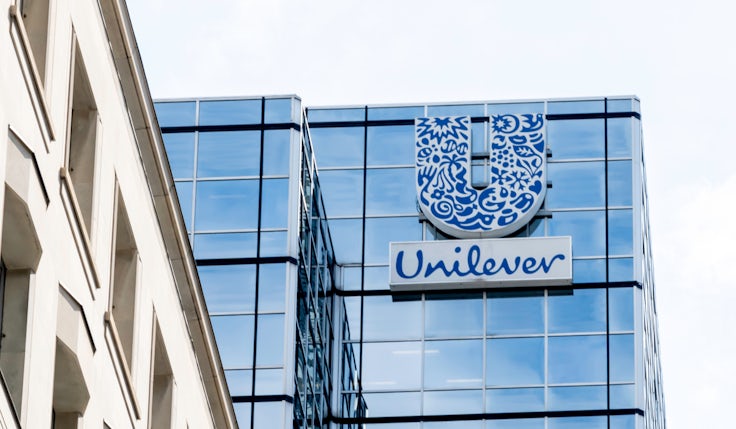Unilever’s top marketer: Having ‘right product at right price’ comes before purpose
Unilever believes brand purpose is crucial for driving growth but its top marketer Conny Braams acknowledged a strong product and price proposition must come first.
 Before looking at purpose, brands must first get their product and price right, according to Unilever’s outgoing chief digital and commercial officer, Conny Braams.
Before looking at purpose, brands must first get their product and price right, according to Unilever’s outgoing chief digital and commercial officer, Conny Braams.
She added that purpose is an effective way to differentiate brands, but the foundations of product and price must be established first.
Braams is due to step down from her role in August after more than three years leading marketing at Unilever. During this time, the company has come under criticism for being overly focused on purpose. In 2021, Terry Smith, founder of Fundsmith Equity Fund and a major investor, accused the FMCG business of driving its purpose agenda “at the expense of focusing on the fundamentals of the business”, suggesting it had “lost the plot”.
Braams addressed some of this criticism today (21 June) at a roundtable event. “We come from a time where people have said, ‘Oh, it’s only about purpose at Unilever”. No, of course it’s not,” she said. “It’s about first having a good value proposition; it’s the right product at the right price.”
Once these fundamentals are established, the brand’s values can then come into play. Expressing these values through purpose can build “emotional connections” with consumers, she stated, claiming that the “best” brands have purpose.
Unilever’s CMO of ice cream on prioritising ‘product superiority’ over purpose
However, that purpose must make sense for the brand, she says, stating it should be related to its category benefits.
Dove is one of Unilever’s leading lights on purpose. The brand’s CMO Alessandro Manfredi was speaking at the event alongside Braams. Dove’s well-established purpose is to encourage women and girls to have a better relationship with beauty, which started almost 20 years ago with its ‘Campaign for Real Beauty’.
However, Manfredi also spoke of the “boundaries” within which the brand’s purpose-led initiatives must operate to drive consistency.
Retaining its white colour palette and bird logo remains “fundamental” for Dove, he said, for example, whether it is launching purpose-led initiatives or more performance-led marketing.
In digital and ecommerce channels, tapping into these assets is particularly crucial, Braams added, as brands need to be “recognisable instantly”.
Purpose is ‘integral’
Braams is not the only leader at Unilever set to depart in the coming weeks. The end of this month will see CEO and former marketer Alan Jope step down. He will be succeeded by former Heinz finance boss Hein Schumacher.
Jope has been a champion of brand purpose while leading Unilever and has repeatedly reiterated the company’s belief that purpose-led brands grow faster. Earlier this year, he pointed to the company’s Prestige business, which houses brands including REN and Dermalogica, as an example.
“Prestige is now one of the fastest-growing parts of Unilever and another example of how putting purpose at the heart of your business is a pathway to sustainable growth,” he wrote in a LinkedIn post.
However, whether Jope’s successor will be such a staunch defender of purpose remains to be seen.
Braams stated Unilever’s focus on driving growth through purpose is “wider than the CEO.” “This is an integral part of the way we do business,” she stated.
She wouldn’t speculate on how the new CEO would approach brand purpose and growth, stating only that it is “too early to tell”.
However, she did point to Schumacher’s record in his previous role as CEO of Dutch dairy business Royal FrieslandCampina, where he has been “a strong promoter of sustainability” in facing up to challenges in the dairy industry.
In the age of social media and polarised views online, brands weighing in on social issues can attract controversy. For example, the recent debacle over Bud Light working with a transgender influencer has promoted a boycott from some who have labelled the beer brand as being “woke”.
Manfredi acknowledged that backlash is “always a risk” when a brand takes a “point of view”, but that Dove is extremely “careful” about its purpose-driven initiatives.
Again these have to make sense for the brand, Manfredi said, and be “authentic” to its DNA.
“We don’t need to have a point of view on everything that happens in the world,” he added.







